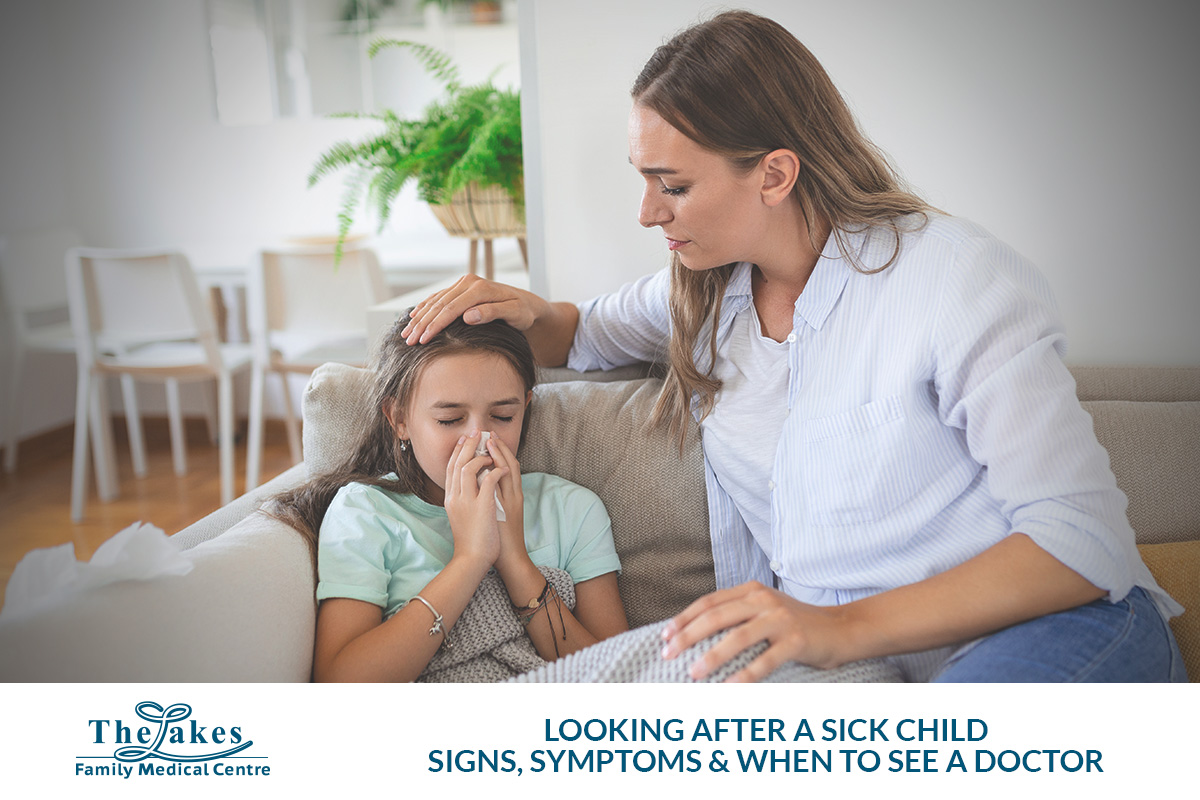
Every parent faces the challenge of looking after a sick child at some point. Whether it is a fever, runny nose or complete lack of energy, even mild symptoms can raise serious concerns.
Knowing the early signs of illness, how to manage common symptoms and when to seek professional help is essential. In this guide, you will learn how to recognise when your child is unwell, what to do at home and when to visit a GP or urgent care service.
How to Tell If Your Child Is Sick
Children often cannot express exactly how they are feeling, so recognising the signs of illness becomes important for parents and caregivers.
Common symptoms of a sick child include:
- Fever (above 38°C)
- Sore throat or headache
- Cough, sneezing or runny nose
- Vomiting or diarrhoea
- Glazed eyes or pale, blotchy skin
- Rash
- Tiredness, irritability or lack of interest in usual activities
- Changes in breathing (e.g. shallow or irregular breaths)
- Poor appetite or refusal to drink fluids
If your child appears lethargic, avoids playing or sleeps more than usual, they could be unwell and in need of rest and monitoring.
Most Common Childhood Illnesses
Children are prone to illness, especially in group settings like schools or childcare centres. Infections spread easily through coughing, sneezing or contact with contaminated surfaces.
Common illnesses in children include:
- The common cold
- Asthma flare-ups
- Gastroenteritis (gastro)
- Ear infections
- Eczema
- Hand, foot and mouth disease
Good hygiene practices such as frequent hand washing and coughing into elbows can help reduce the spread of these illnesses.
Cold or Allergy? Know the Difference
Many parents confuse cold symptoms with allergies because both can cause sneezing, congestion and a runny nose. However, allergies tend to last longer and may be triggered by:
- Foods (e.g. dairy, eggs, peanuts)
- Dust mites
- Pollen
- Pet hair or dander
If your child experiences ongoing symptoms, consider discussing allergy testing with your GP. If they have trouble breathing, a swollen tongue or become pale and unresponsive, call 000 immediately these are signs of a severe allergic reaction (anaphylaxis).
Should You Keep Your Child Home from School?
Parents often wonder, “Should I keep my child home from school or day-care?” The answer depends on their symptoms and whether they are likely to spread infection.
Keep your child home if they have:
- A fever
- Vomiting or diarrhoea
- Sore eyes with pus or discharge
- A rash with other symptoms (e.g. lethargy, low appetite)
- A persistent cough or sore throat, especially with a runny nose and fatigue
Allow your child to rest and recover at home until their symptoms improve. Keeping sick children home helps stop the spread of infectious diseases.
When to Take Your Child to the Doctor
In many cases, rest and fluids are enough. However, some symptoms require a visit to your GP or family doctor.
See a doctor if:
- Fever lasts more than 48 hours
- Vomiting or diarrhoea continues beyond 24 hours
- Your child refuses to drink fluids for more than 6 hours
- They urinate less or have fewer wet nappies
- They have a rash or ongoing cough
- Over-the-counter medicine does not ease their discomfort
If you are ever unsure, it is best to speak with a GP who specialises in children’s health.
When to Seek Emergency Medical Attention
Sometimes, symptoms become urgent. Do not wait call 000 or visit an emergency department immediately if your child:
- Is hard to wake or extremely drowsy
- Has difficulty breathing or is gasping
- Has a stiff neck or back pain with fever
- Has a rash with purple spots that do not fade when pressed
- Is under 1 month old with a fever
- Is under 3 months and not feeding well or seems very unwell
Early intervention can prevent complications and protect your child’s health.
How to Care for a Sick Child at Home
If your child has a mild illness, home care can help them feel better and recover more quickly.
At-home care tips include:
- Encourage plenty of rest and sleep
- Offer fluids regularly (water, diluted juice, soup, ice blocks)
- Use paracetamol or ibuprofen for fever or pain (follow age-appropriate dosing)
- Avoid aspirin in children
- Comfort them with quiet activities, cuddles and reassurance
If your child has asthma, check with your GP before giving ibuprofen, as it may trigger asthma symptoms in some cases.
How to Prevent Common Childhood Illnesses
Although some illnesses are unavoidable, you can reduce the risk with the right prevention strategies.
Ways to keep your child healthy:
- Ensure vaccinations are up to date
- Encourage frequent hand washing with soap
- Teach them to sneeze or cough into their elbow
- Avoid sharing cutlery, water bottles or bedding
- Maintain a healthy routine with adequate sleep, nutrition and physical activity
If your child gets sick often, talk to your GP about supporting their immune health or checking for underlying issues.
How to Check Your Child’s Vaccination Records
You can check your child’s vaccination status through the Australian Immunisation Register on the myGov website. If your child has missed any vaccines, your GP can organise catch-up immunisations.
All routine childhood vaccines are covered under the National Immunisation Program (NIP).
Should You Wake a Sick Child for Medicine?
In most cases, no. Letting your child sleep uninterrupted is often better than waking them for medication. Only give paracetamol or ibuprofen when they are uncomfortable or in pain not just because they have a fever.
Always remember:
- Follow the dosing instructions on the label
- Use the right product for your child’s age
- Do not exceed recommended doses
- Avoid aspirin in children
Speak to a pharmacist or GP if you are unsure about which medicine to use.
Final Thoughts
Caring for a sick child can be stressful, but knowing what signs to watch for and when to seek help gives you confidence as a parent. Most childhood illnesses are mild and resolve with rest, fluids and comfort. However, if symptoms worsen or do not improve, do not hesitate to consult your GP. For persistent concerns, trust your instincts and get medical advice early. Your quick action could make all the difference.
Related Article:




